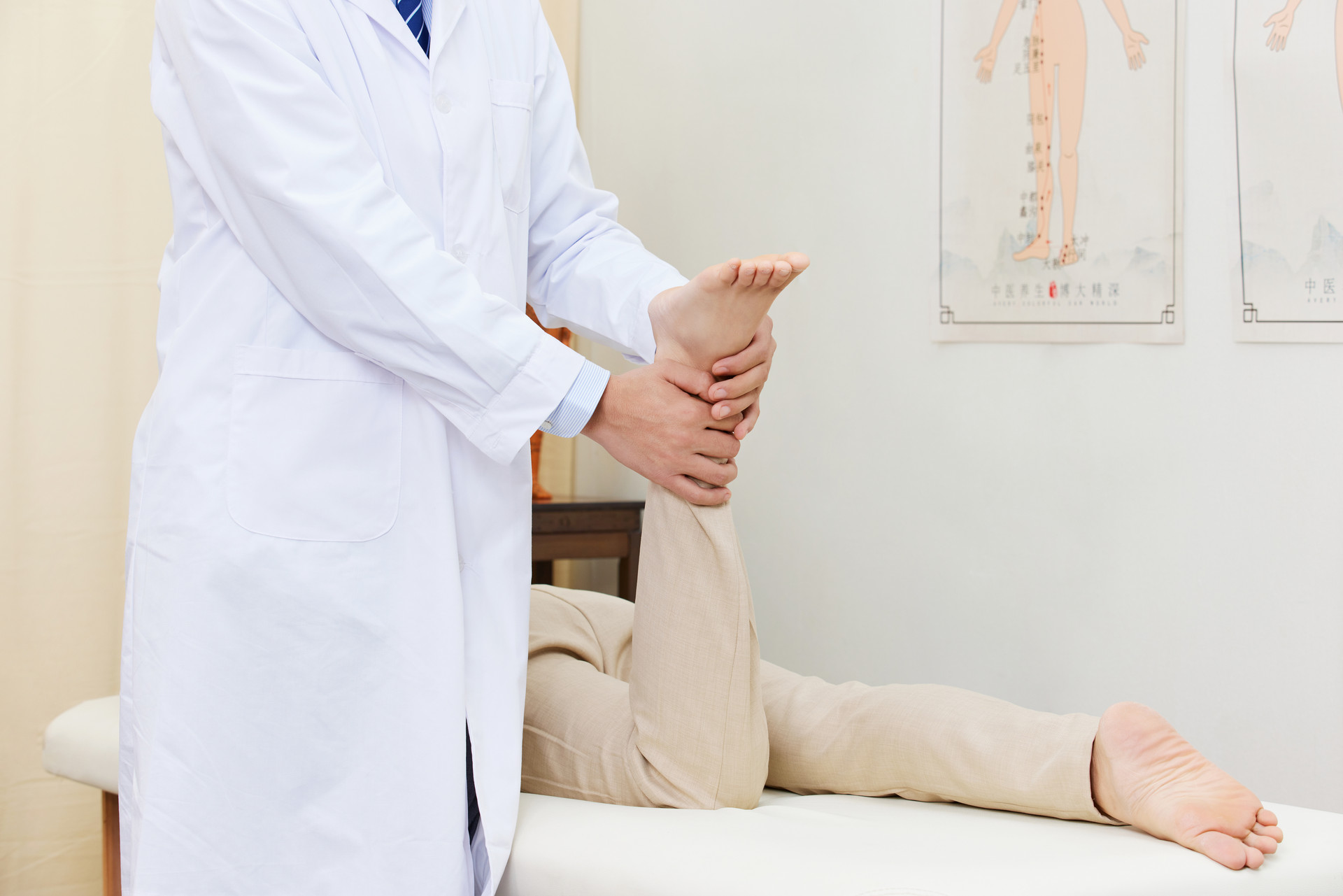Male citizens tend to underestimate the importance of diseases and often ignore them, thinking that they will heal on their own. Therefore, modern men should heed the following ten advice from doctors regarding healthcare.
1. Try to eat less greasy and fried food
Men generally have a heavier taste, especially those who love to drink alcohol. They usually like to eat greasy and fried food, which easily leads to weight gain. This increases the risk of developing vascular diseases. Therefore, men should gradually adapt to eating lighter food, consume more vegetable oil and less animal oil. They should also eat garlic and fish regularly and drink red wine in moderation, as these practices can lower cholesterol levels.
2. Pay attention to hidden testicular cancer
Men between the ages of 20 and 40 are prone to tumors, and testicular cancer is one of them. If detected early, the cure rate for this disease is 85%. Otherwise, it can be quite difficult to treat. Men can conduct self-examinations of their genital organs regularly, preferably when the skin becomes soft after a warm bath. If there are small lumps or bumps on the skin, they should immediately go to the hospital for an examination.
3. Break the habit of not going to the hospital for several years
Many men do not like to see a doctor and always believe that they are not sick. However, according to statistics, 80% of seriously ill patients admit that they have not been to the hospital for a long time. Minor illnesses can develop into major ones, and they only go to the hospital when diseases such as heart disease and stroke occur, which delays the optimal treatment time. Therefore, regular annual check-ups are the best way to maintain good health.
4. Chest pain should be examined
Men sometimes experience chest pain after doing physical labor or exercising. Generally, the pain will stop after resting for a while, so there is no need to panic. However, it could also be an early symptom of heart disease, so it is best to go to the hospital for an examination. Perhaps there is nothing wrong, but being diagnosed can provide peace of mind.
5. Quitting smoking is still the best option
Smoking increases the risk of cardiovascular disease, lung cancer, and respiratory diseases. It is best to quit smoking for good health. If quitting is difficult, one should eat more carrots, bell peppers, onions, garlic, spinach, and orange-colored fruits, eat more fish, and regularly drink tea to reduce the harm caused by smoking.
6. Pay attention to moles on your body
If moles do not increase or bleed, they are generally not dangerous. However, many men do not pay much attention to their skin. They need to change this bad habit. Regularly check if there are any abnormal changes in moles to avoid serious consequences from mole malignancies.
7. Don't forget the threat of high blood pressure
High blood pressure poses a threat to the heart and often leads to sudden heart attacks or strokes. Therefore, men should regularly measure their blood pressure. Those with already high blood pressure should take medication as prescribed by a doctor and should not stop taking it even if their condition improves.
8. Maintain a certain level of physical activity
Too little physical activity can lead to weight gain. Modern men have less physical activity, so many middle-aged people are gaining weight. The excess weight puts a heavy burden on the heart and makes joints less flexible. Therefore, men should at least take regular walks and preferably engage in sports activities to promote health and increase attractiveness.
9. Be cautious when restroom time becomes longer
If a man spends more time in the restroom, it is generally related to constipation or hemorrhoids. In such cases, they should eat more vegetables and fruits and drink plenty of water. If the frequency of restroom visits also increases, it may be due to prostate inflammation. One should go to the hospital for an examination.
10. Understanding family medical history is important
Many diseases have a hereditary component, so men should know what diseases their elders and relatives have had. They should ask their elders and take notes. By taking targeted measures, they can prevent the occurrence of many diseases and seek timely diagnosis and treatment if they do fall ill.










